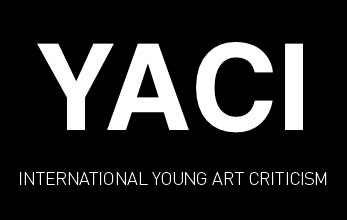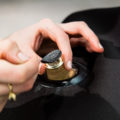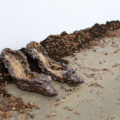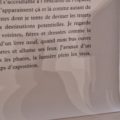Christine Herzer, literally
Words are everywhere. In Christine Herzer’s studio-apartment this is probably more true than elsewhere. They are said, written, drawn, shared or collected. From floor to ceiling, the environment is saturated with their repetitions. The artist and poetess mixes practice with her life by making daily life her place of intervention. The simplest words come up most often and on the window we can read “blue” for example. An overlap with the marker that allows the sky to be seen through transparency and questions Magritte or Broodthaers on the link between the signifier and the signified. “Blue” as in color but also as sound, as graphics, as text object. Language stands between us and reality like a filter. The artist materializes this prism and deconstructs the idea of a neutral language: it is not a simple communication tool but a social issue. “Blue” also as an opening to the other.
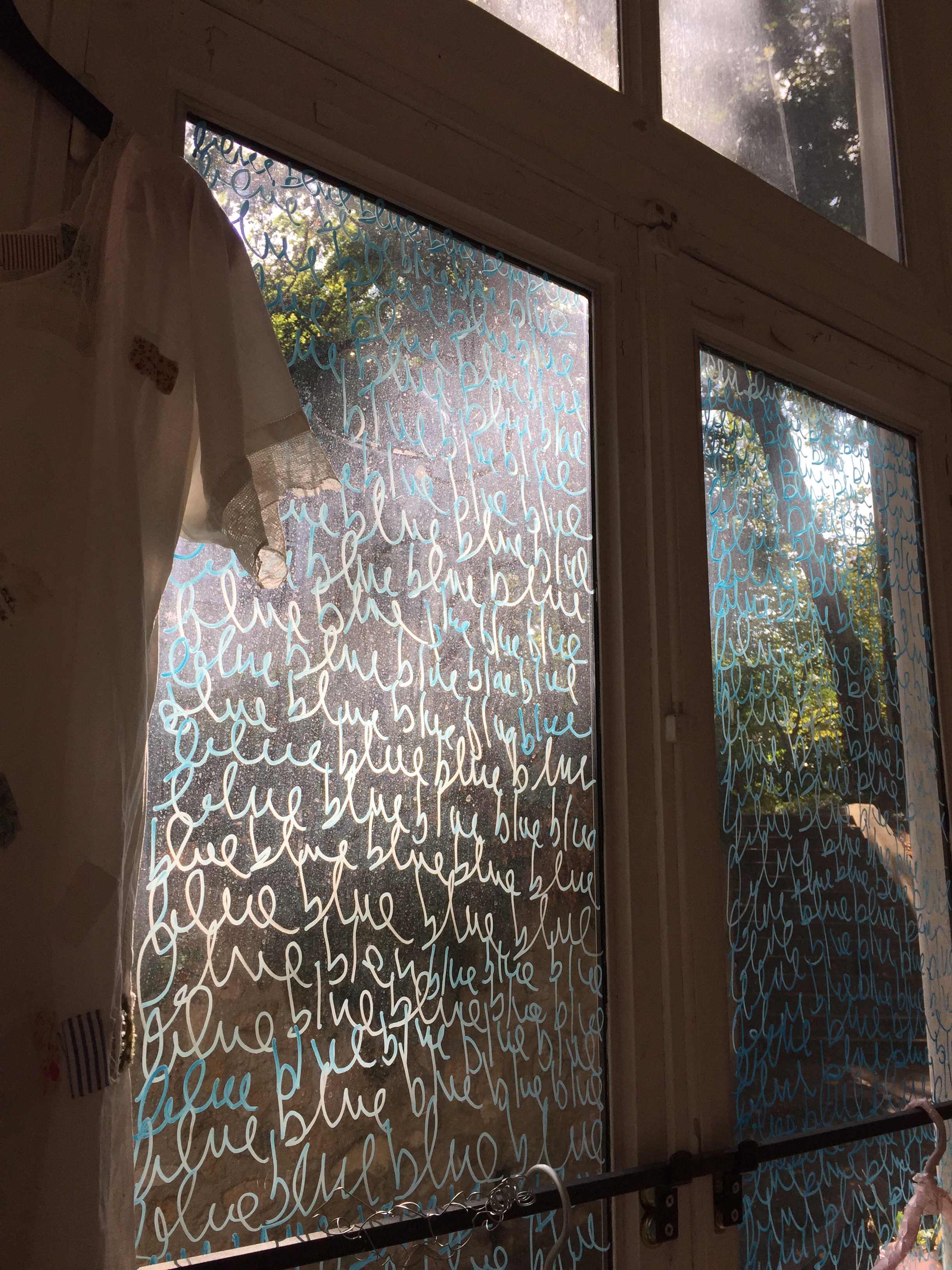
Writing is thinking words differently, out of their current and sometimes fraudulent use. After working for a while in corporate marketing, Christine Herzer felt the need to reclaim the language, to give it meaning again. Between English and French but also between different cultures, she knows that a language is in constant change. Paying attention to language also means observing the economic and political, social and societal changes in which it is at stake. We will not go back to the concept of the novlangue that Orwell had imagined in his 1984, but the idea that the impoverishment of a language is the impoverishment of thought makes it possible to think of poetry as a form, initially personal, of resistance. The first words on which the Orange collection opens are revealing, because they show us what the word deserve hides in the context of a liberal society: “I have never heard the word deserving without thinking of money. I wouldn’t have been able to say how I felt about the word deserving, if I felt I deserved, if “earning money” had made me deserving at one point in my life, if one deserved because of one’s earning power, if lack of “earning power” made one deserving of contempt or respect.”

On loose sheets, on pages of books, on the slightest corner of free paper Christine Herzer writes “Fuck you” as others might write “Freedom”. The expression has something of an inner cry that nothing could repress. The author gets into the habit of scribbling while working in a call centre and feeling overwhelmed by opposing emotions. Receiving complaints and angers from everyone, she ends up having had enough, slamming the door and speaking out. “Poets are containers,” she says before moderating “containers deserve respect”. Perhaps poets are the ones who keep everything that is thrown away without noticing it and send it back to us. The poet also writes about the bags that are handed to her in the shops or on the packaging that surrounds us. In this vacuum society that Lipovetsky also describes, the individual must get a grip on language and care about the container as much as the content.
Alongside the “Fuck you”, there are other words that describe emotional states such as “uncertainty”, “scared” or “happy”. She repeats them like litanies until they exhaust their meaning and all connotations: why should we be happy all the time? what is the fear with which we live? How to coexist with uncertainty? She writes them on the line without punctuation until the letters of the same color or not clash and become unreadable. A destruction of the text, or textruction to use Gérard Duchêne’s expression, which alerts us to the abstract and arbitrary condition of language. Christine Herzer moves from one format to another so as not to let herself be locked in; she makes writing a drawing because writing has always been about power. It is a question of moving the lines by changing the rules, of returning the punishment of “you will copy a hundred times”.

On the walls of the studio, the ideas articulate themselves and make us enter the artist’s mind. The associations are free and sometimes dazzling, raw. We are not called upon as readers or listeners but as interlocutors, likely to leave our traces. Sometimes it is necessary to erase in order to move forward, but Christine Herzer wants to let us see in the form of balls or rags the attempts, the mistakes. The blanks of the book, the cover of Orange, are filled, according to the meetings, increased by the dialogue, to the point that there is no such copy. The book becomes moving, a starting point rather than an archive and allows the artist to imagine objects and performances. The layers of languages overlap and on the ground, under a tarpaulin, there are still words that destabilize us. Where do we walk, from where do we talk?
